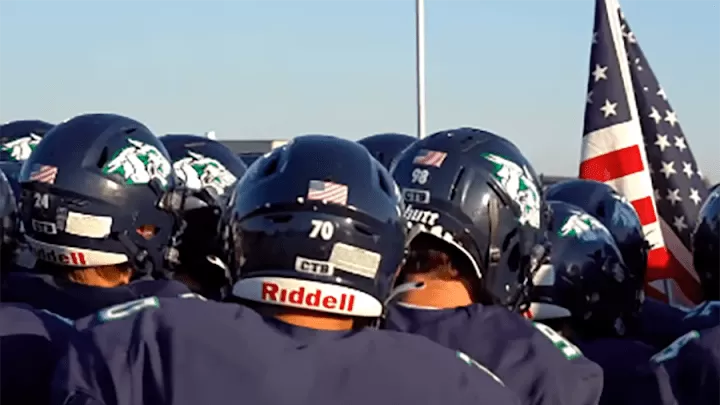The Masked Marauders Among Us: Are Raccoons Our Next Unlikely Companions?
Share- Nishadil
- November 15, 2025
- 0 Comments
- 3 minutes read
- 35 Views

Raccoons: The Urban Evolution of a Masked Bandit?
Forget what you thought you knew about city wildlife; raccoons, those resourceful masked bandits, are actually exhibiting early behavioral traits remarkably similar to animals on the cusp of domestication. It's a curious peek into how evolution plays out right in our urban backyards, sparked by our very presence.
You see them, don't you? Those wily, masked bandits rifling through your trash cans, perhaps even peering into your windows with a startling lack of fear. Raccoons, for generations a fixture of North American wilderness, have truly, madly, deeply moved into our cities, and what's fascinating – startling, even – is what this urban migration might mean for their very evolution.
Think about it. We’ve always imagined domestication as this grand, deliberate act: humans choosing certain animals, breeding them for specific traits. But what if it’s more organic, more… accidental? Scientists are starting to ponder if the raccoons thriving in our concrete jungles are, in truth, showing the nascent, tiny tendrils of domestication. It’s not about leashes and belly rubs, not yet anyway, but rather a subtle shift in their very being.
Consider the evidence, for a moment. These aren't your grandpa's skittish raccoons. The ones we encounter daily often exhibit a remarkable — dare I say, almost audacious — confidence around people. They’ve learned, haven’t they, that human environments are a veritable smorgasbord, a buffet of discarded delights? This bold behavior, this willingness to approach and coexist, it’s a far cry from the instinctual fear most wild animals harbor. And that, you could argue, is a crucial first step.
It’s a bit like watching a time-lapse of history, isn't it? Picture those ancient wolves, gradually drawn closer to human settlements by the promise of scraps. Over countless generations, those more tolerant, less fearful individuals were the ones that survived and reproduced, slowly, incrementally, transforming into the loyal canines we cherish today. Are we, then, witnessing a similar, albeit accelerated, drama unfold with Procyon lotor?
The urban environment itself acts as a powerful selective force. Only the most adaptable, the most ingenious raccoons, truly flourish. They're problem-solvers, these creatures, adept at navigating complex human landscapes, remembering food sources, and even learning to manipulate latches. This intelligence, coupled with their opportunistic omnivore diet, makes them incredibly well-suited to life alongside us. They’re not just surviving; they’re frankly, at times, thriving.
Now, let's be clear, we’re not suggesting raccoons will be fetching your slippers next week. True domestication involves genetic changes that accumulate over many, many generations, affecting physical traits, reproductive cycles, and even brain structure. But the behavioral changes, the reduced stress response to human presence, the altered foraging strategies — these are all powerful indicators. It’s an intriguing thought, that our discarded pizza crusts and overflowing bins might be unwittingly shaping the evolutionary trajectory of an entire species.
It leaves us, quite honestly, with a curious dilemma. As we continue to expand our urban footprints, we create new niches, new pressures, new opportunities for species like the raccoon. Are we inadvertently crafting a future where these clever, adaptable animals become something entirely new, a testament to the powerful, often unforeseen, interactions between humanity and the wild world? It's certainly food for thought, isn't it, the next time you spot one rummaging through your compost?
Disclaimer: This article was generated in part using artificial intelligence and may contain errors or omissions. The content is provided for informational purposes only and does not constitute professional advice. We makes no representations or warranties regarding its accuracy, completeness, or reliability. Readers are advised to verify the information independently before relying on







